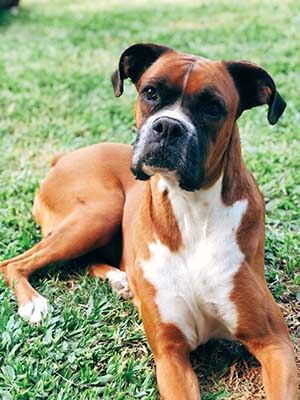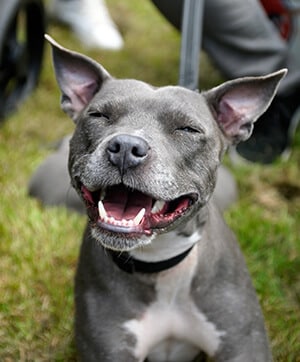Dog Offences Lawyers Dog Attack Laws Melbourne Victoria
Dog offences are council-initiated charges relating to your dog. If you own a dog, you are deemed responsible for anything your dog does. Dog offences usually result in a fine, but in more serious cases, depending on the nature of the charges laid by council, they can lead to a community corrections order or gaol. The Council or the Courts can also make other orders, such as menacing dog declarations, dangerous dog declarations, or, in very bad situations, a dog destruction order, such as in serious dog attack cases.
Dribbin & Brown Criminal Lawyers regularly represent clients charged with dog-related offences in the Magistrates’ Court. We have offices in Ballarat, Frankston, Moorabbin, Ringwood, Dandenong, Geelong and Melbourne CBD, close to the local courts in these areas. We routinely appear at these courts to defend clients charged with dog offences.

The council bodies across Melbourne and the Mornington Peninsula have wide-ranging powers to deal adversely with a resident’s dog or cat. When there is a dog attack, the council will often attempt to persuade the animal’s owner to consent to destroying the animal prior to the prosecution. If unsuccessful, they will either declare the animal dangerous or move to have it put down.
In these circumstances, it is crucial for the dog owner to seek legal advice and retain a lawyer to defend their case. The repercussions for dog offences can be severe, potentially resulting in the heartbreaking loss of your pet and a possible gaol sentence for the owner. Acting promptly and seeking legal counsel can help you navigate these challenging situations.
Be aware of increased penalties
Recently, the government has moved to increase the penalties for dog attacks, potentially making dog owners liable to imprisonment. If you have to attend court for a dog attack, it is not a matter to be taken lightly. You’ll need advice from an experienced dog offence lawyer.
Under the Domestic Animals Act 1994 (the Act), there are several charges relating to dog offences, including:

Serious dog attack offences
An owner of a dangerous dog, menacing dog or a restricted breed dog is liable to serious criminal offences if their dog kills or endangers the life of someone. The following are the most serious dog offences and exist under the Crimes Act 1958:
- 319B Failure to control dangerous, menacing or restricted breed dog that kills a person; and
- 319C Recklessness as to whether controlling dangerous, menacing or restricted breed dogs may place another person in danger of death.
These offences apply to owners of attack-trained dogs, dangerous dogs declared due to attack, declared menacing dogs, guard dogs and restricted breed dogs (both registered and unregistered).
An owner is liable to up to 10 years imprisonment if their dog kills someone and 5 years if their dog endangers someone’s life (Crimes Act 1958 s319B and s319C).
Why you need advice from a dog attack lawyer
You must seek urgent legal advice if you have been charged under section 319B or 319C of the Crimes Act 1958. You may face an immediate prison sentence if your case is improperly prepared.
Dribbin & Brown Criminal Lawyers have extensive experience handling dog offences. Call us today to have one of our dog attack lawyers help you with your case.
What are restricted breed dogs?
Restricted breed dogs are a category of dangerous dogs under the Domestic Animals Act 1994 that are automatically subject to various obligations with various penalties for non-compliance. A restricted breed, as defined in s3(1) of the Act, is any one of the following:- Pit Bull Terrier
- Presa Canario
- Dogo Argentino
- Japanese Tosa
- Fila Brasileiro.

What is a dangerous dog declaration?
A Dangerous Dog Declaration means that to keep your dog, you must comply with onerous restrictions that the council says are in place to protect the community and members of the public from dangerous dogs.
Contravention of requirements under the dangerous dog provisions of the Domestic Animals Act 1994 and the prescribed requirements of the Domestic Animals Regulations 2015 has severe implications.
A dangerous dog declaration applies throughout Victoria and cannot be revoked, amended or otherwise altered.
A dog is automatically a dangerous dog under s34A of the Domestic Animals Act 1994 if it:
- the dog is kept, or at any time has been kept, for the purpose of guarding non-residential premises; or
- the dog, at any time, has been trained to attack or bite any person or any thing when attached to or worn by a person.
Under the Domestic Animals Act 1994, authorised officers are granted substantial powers to declare a dog a ‘dangerous dog’. See Council powers regarding dangerous dog declarations below.

























